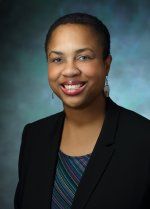Rolla E. Dyer Lecture
Established in 1950 in honor of former NIH Director Rolla E. Dyer, M.D., a noted authority on infectious diseases, this lectureship, now part of the Wednesday Afternoon Lecture Series, features internationally renowned researchers who have contributed substantially to medical as well as biological knowledge of infectious diseases. The Dyer Lecture is the oldest continuous lecture series at the NIH.
This page was last updated on Friday, May 20, 2022









